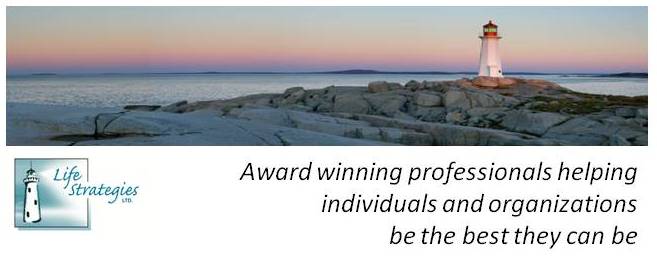 When we think of diversity, we tend to think of what’s different about others. We typically use our own characteristics as benchmarks – particularly if we’re part of the mainstream population (i.e., if we’re surrounded by lots of other people quite similar to us). However, have you ever turned the tables and paused to consider what is different about you? What do others consider unusual or out-of-the-norm? What characteristics, attitudes, or behaviours do you have that others think are a little bit strange?
When we think of diversity, we tend to think of what’s different about others. We typically use our own characteristics as benchmarks – particularly if we’re part of the mainstream population (i.e., if we’re surrounded by lots of other people quite similar to us). However, have you ever turned the tables and paused to consider what is different about you? What do others consider unusual or out-of-the-norm? What characteristics, attitudes, or behaviours do you have that others think are a little bit strange?Gerry and I travel extensively, which provides lots of opportunities for us to reflect on being different, particularly in terms of nationality, race, ethnicity, religious beliefs, language, and culture. As a very pale-skinned redhead, there are many places in the world where I stand out like a white shirt under a black light – I pretty much glow in the midst of a sea of darker skin and hair (redheads are a global minority, losing ground quickly – currently thought to comprise only 1 - 2% of the world’s population). However, it’s rare that our difference is perceived as a disadvantage; I, therefore, can’t say I’ve experienced the types of extreme prejudice and discrimination that many other minorities encounter every day.
When we’re in foreign countries, we’re constantly reminded of our incompetence. No matter how prepared we try to be, we can never use local transit as effectively as the locals. We are slow to count out payment for a purchase. We stumble over words to request the simplest things. And, just like foreigners anywhere, we miss the familiar items and foods from “home.”
My experience as a foreigner is very different when I’m an invited subject matter expert than when I’m an anonymous traveller. In the first role, I often have people who prepare for my arrival and ensure that I’m comfortable, safe, and taken care of. In the latter role, I’m more likely to be teased, laughed at, or taken advantage of – it’s clear that many people find “different” strange and not something to aspire to. In Northern China, I lost count of the number of people trying to sell me a solution to fix my freckles (I didn’t realize they were a problem before then). In a remote region of Malaysia, well off the typical tourist track, a small child cried every time her mother brought her within 6 feet of me (she’d never seen a white-skinned person with flaming red hair before). In Marrakesh, accepting an offer of tea resulted in the expectation that we’d purchase a Berber carpet (we learned from that one – this is similar in many parts of the world!).
In the Canadian workplace, we constantly encounter difference and we’re asked to embrace it. However, sometimes we’re “colour-blind” and simply don’t realize the discrimination and challenges that our diverse colleagues encounter every day. To increase your awareness, I encourage you to put yourself in the position of being the outsider – attend cultural celebrations, travel, volunteer at a community event that’s outside of your normal routine, use a form of local transit that you’re unfamiliar with, eat dinner at a restaurant frequented by members of a different ethnic group, accompany a local family to the food bank, or spend a day on the street with a homeless person. Be different to learn about difference. Then support diversity initiatives in your workplace to ensure that those perceived as different have a safe place to fully contribute their talents.
Interested in learning more about diversity? Life Strategies has a variety of courses, including:




